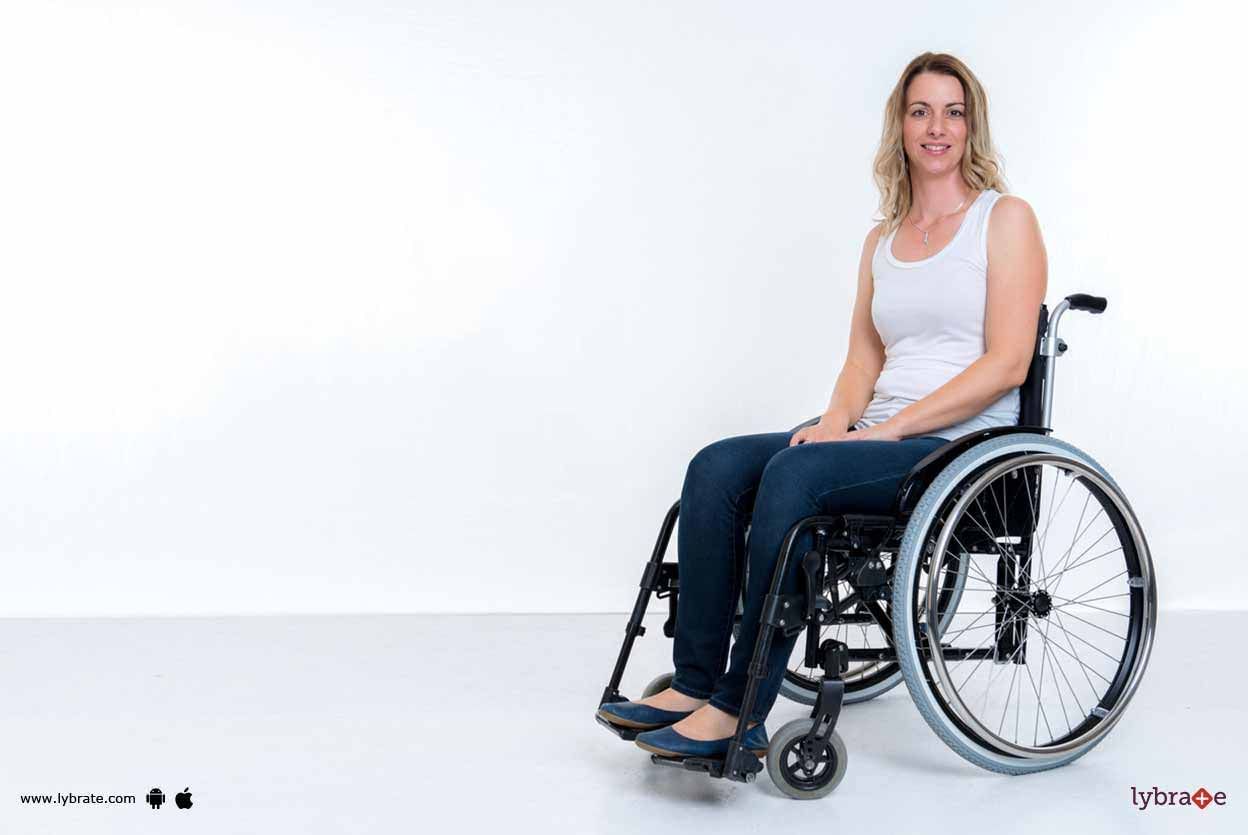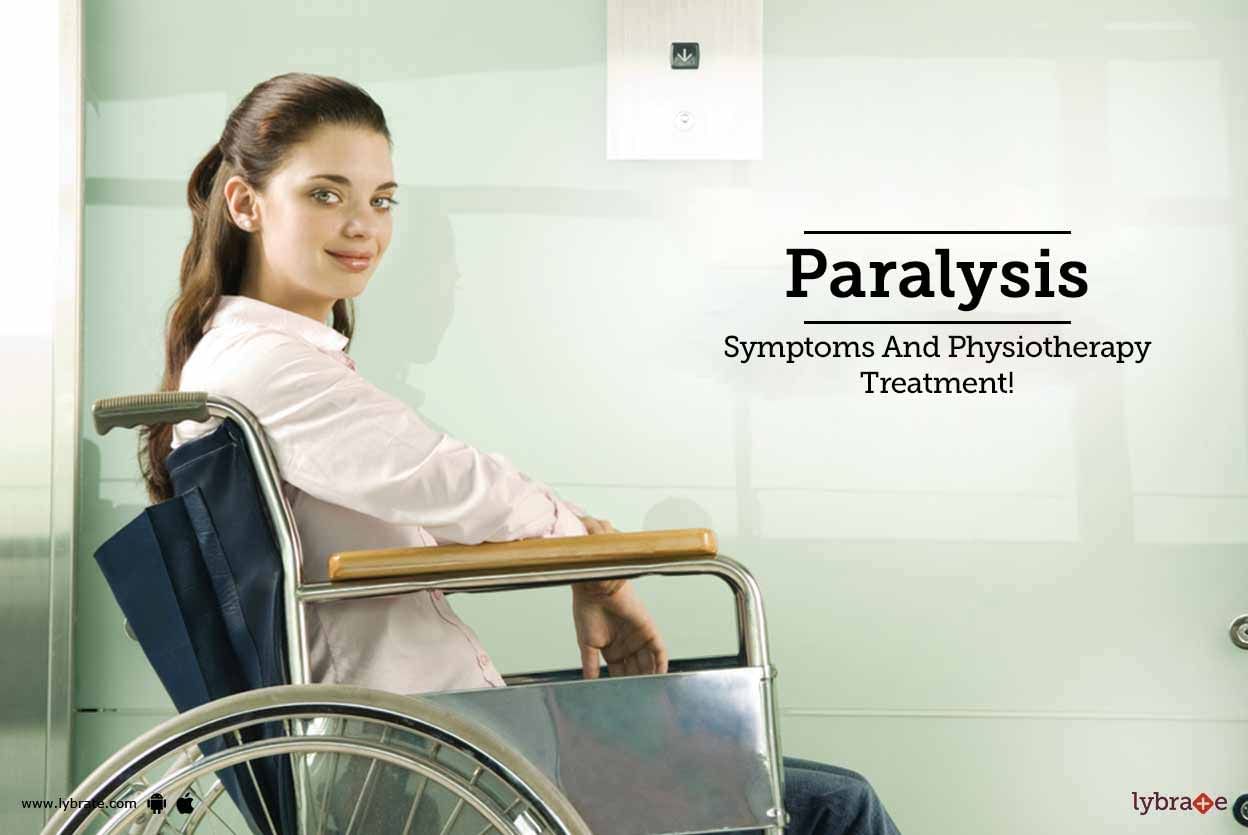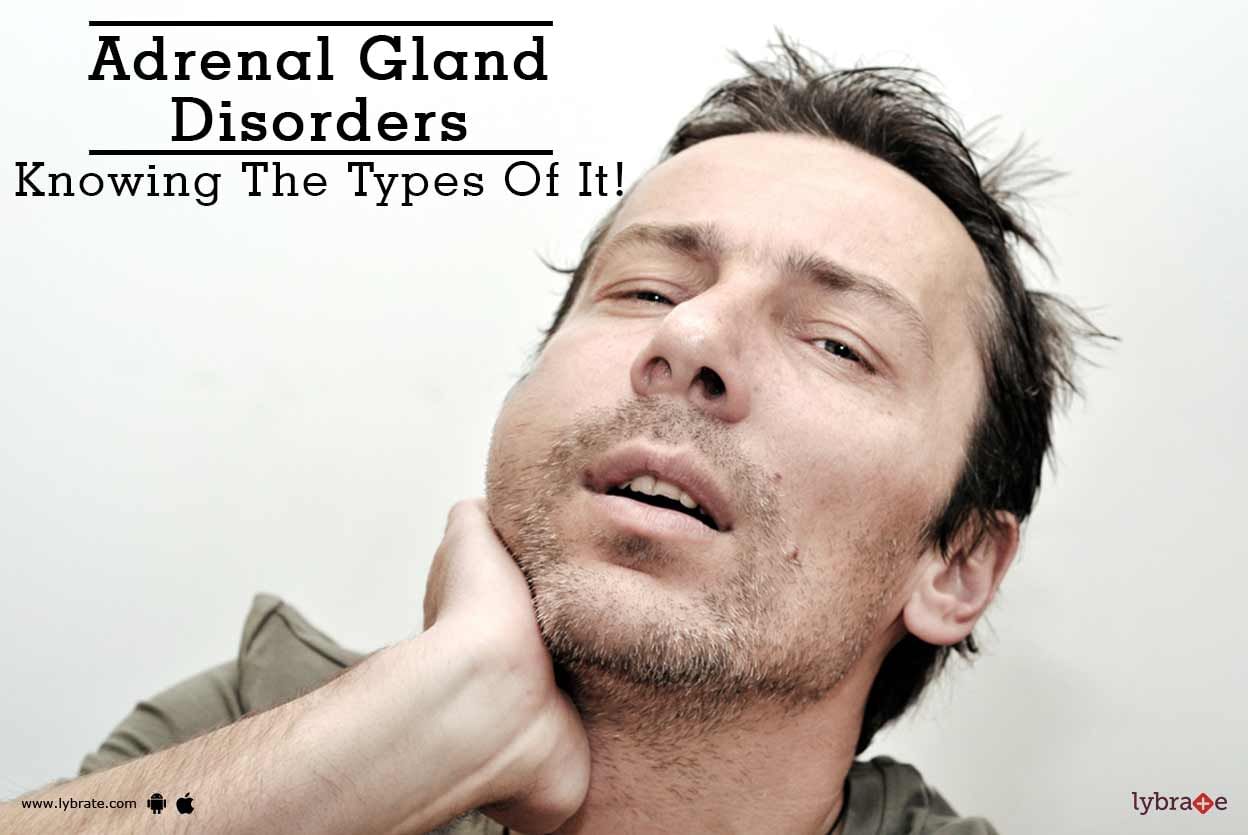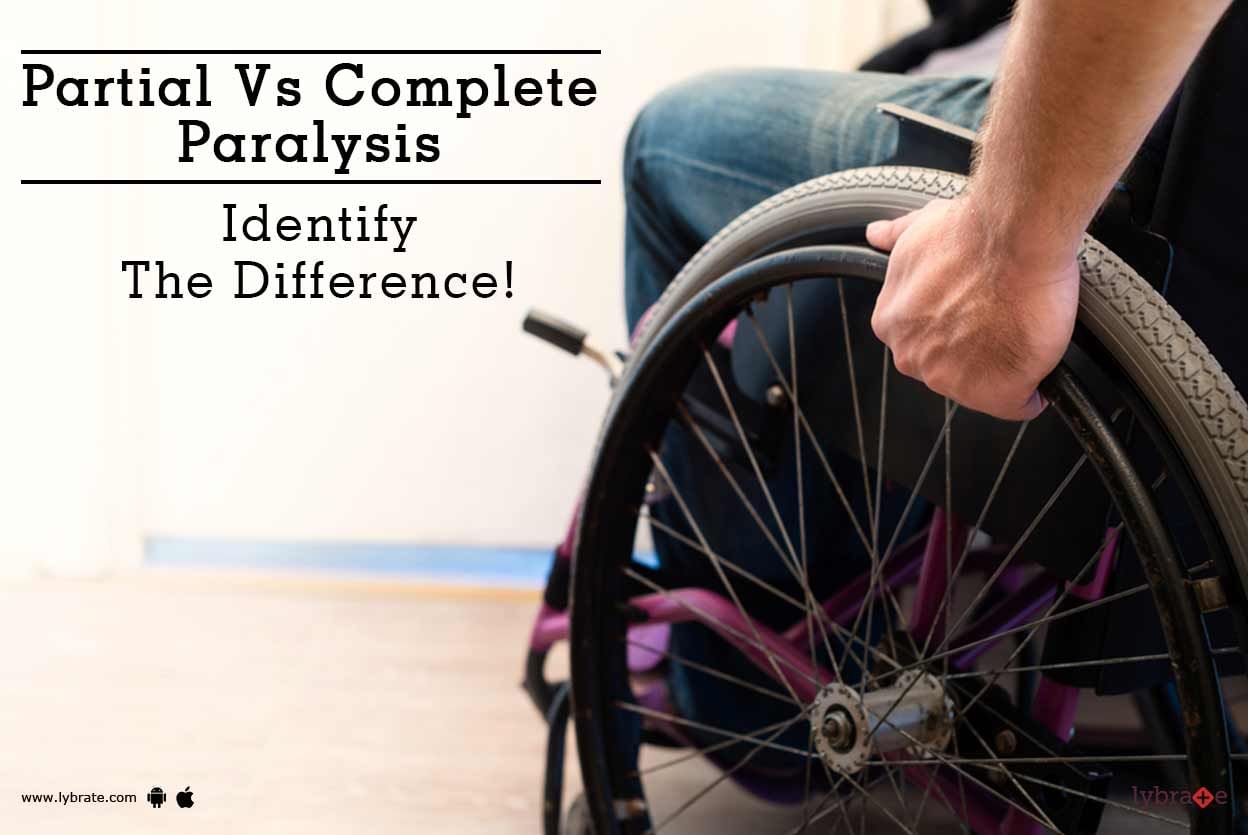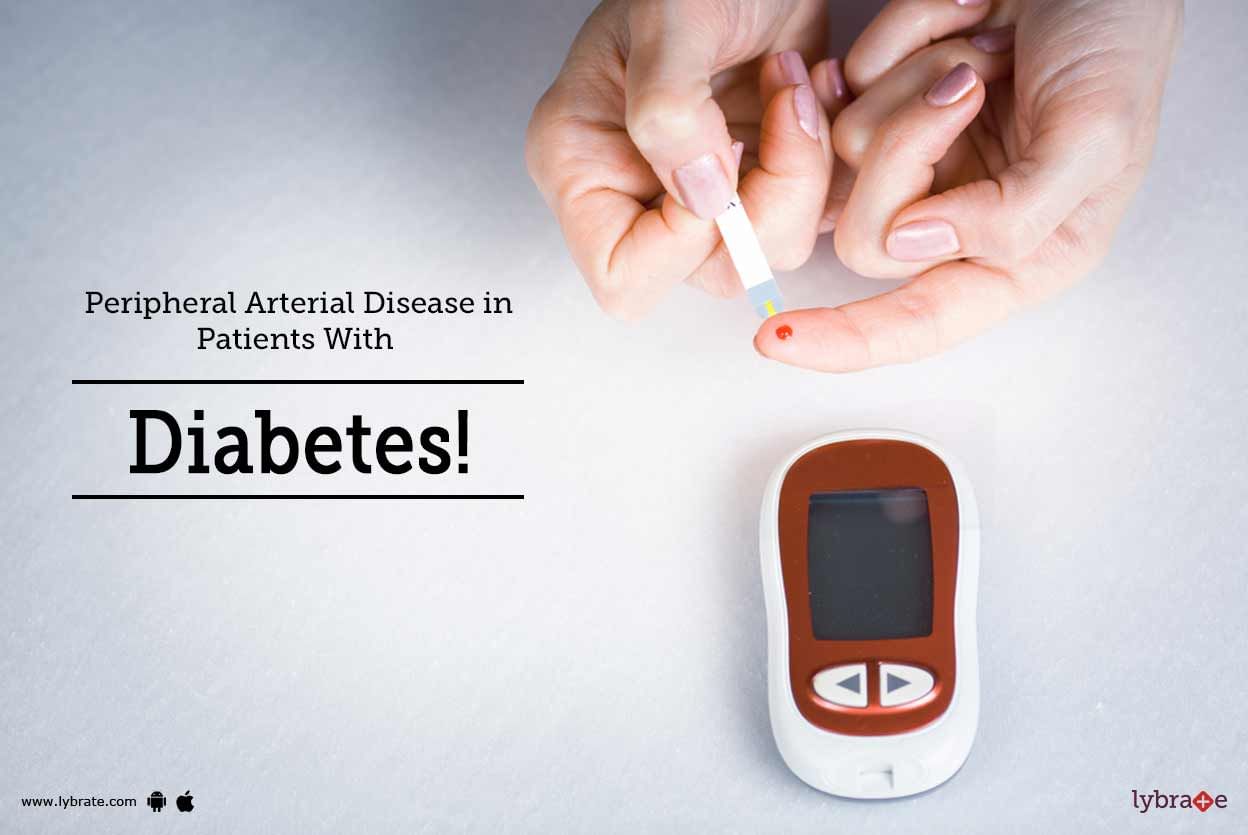Get the App
For Doctors
Login/Sign-up
Health Feed
Find Doctors
Health Packages
AllQ&AsTipsQuizzes
Hyperkalemic Periodic Paralysis Tips
Last Updated: 7 years ago• Featured Tip
Share
Bookmark
Report
The brain is like the central processing unit of a computer that controls the entire body s function. Both structurally and functionally, it is an extremely complex and vital organ and disorders occur due to a variety of reasons old age, internal injury, accidents/trauma, infections, and malignancy being the most common. The brain has a highly sophisticated network of nerves which arise out of it and the spinal cord and ensures the body works in complete synchrony and coordination. The neurolo...more
Last Updated: 7 years ago• Featured Tip
Share
Bookmark
Report
A brain stroke can affect anyone at any point of time when the supply of blood to the brain is interrupted. It can threaten major physical functions and can prove to be fatally dangerous at times. The brain stem which is placed right above the spinal cord controls the breathing, heartbeat and levels of blood pressure. It is also in charge of controlling some elementary functions such as swallowing, hearing, speech and eye movements
What are the different types of strokes?
There are ...more
What are the different types of strokes?
There are ...more
Last Updated: 7 years ago• Featured Tip
Share
Bookmark
Report
Diploma In Electrical Engineering, MCA, ...read more
Alternative Medicine Specialist•Delhi
Paralysis refers to the loss of muscle function in a part of the body. It happens due to an error in the messages passage between the brain and the muscles. Paralysis can be complete or partial in nature and might occur on one or both sides of the body. Most of the times, paralysis occurs due to stroke or an injury but it might also take place as a result of diseases related to nerve, autoimmune diseases or even polio. Now let us briefly look into symptoms and causes of paralysis after which, we...more
Last Updated: 7 years ago• Featured Tip
Share
Bookmark
Report
Paralysis can be concluded as the state when the muscles lose functioning in any part of the body. Any kind of disruption in our nerve system can be responsible enough to cause paralysis. Our central nervous system and peripheral nervous system communicate and control our senses of movement. But interruption in nerve impulses can cause weakness in muscles which leads to muscle paralysis.
Symptoms
A paralysed patient will encounter symptoms like:
Decreasing the motor powermore
Symptoms
A paralysed patient will encounter symptoms like:
Decreasing the motor power
Last Updated: 7 years ago• Featured Tip
Share
Bookmark
Report
Cancer can affect even small glands like the adrenal glands. Adrenal glands are responsible for the production of hormones like cortisol and aldosterone. These glands are located above the kidneys and have two parts; the cortex and the medulla. Adrenal cancer generally affects the cortex of the adrenal glands. This type of cancerous tumour is rare and can be difficult to diagnose.
Most adrenal cancer symptoms are triggered by an excessive production of estrogen and androgen. Symptoms ca...more
Most adrenal cancer symptoms are triggered by an excessive production of estrogen and androgen. Symptoms ca...more
Last Updated: 7 years ago• Featured Tip
Share
Bookmark
Report
Small endocrine glands, which are located on top of each kidney are known as Adrenal glands. These Adrenal glands produce hormones that regulate blood sugar, stress and sexual functions. Any problems in the pituitary gland can affect the Adrenal gland as the pituitary gland regulates all endocrine glands.
Different types of Adrenal gland disorders are:
Cushing's disease: This disorder occurs when the Adrenal glands produce too much cortisol in the body. Cortisol is a hormone th...more
Different types of Adrenal gland disorders are:
Cushing's disease: This disorder occurs when the Adrenal glands produce too much cortisol in the body. Cortisol is a hormone th...more
Last Updated: 7 years ago• Featured Tip
Share
Bookmark
Report
As children, you have probably learnt that paralysis is complete inability to move, sense, touch or control other bodily sensations. But little did we know that paralysis comes in many forms depending on the extent to which a person is immobilized. So, what is the difference between partial and total paralysis?
What is Total Paralysis?
Whether temporary or permanent, paralysis is the inability to move part of the body due to nerve damage. However it does not mean that people with to...more
What is Total Paralysis?
Whether temporary or permanent, paralysis is the inability to move part of the body due to nerve damage. However it does not mean that people with to...more
Last Updated: 7 years ago• Featured Tip
Share
Bookmark
Report
Small endocrine glands, which are located on top of each kidney are known as Adrenal glands. These Adrenal glands produce hormones that regulate blood sugar, stress and sexual functions. Any problems in the pituitary gland can affect the Adrenal gland as the pituitary gland regulates all endocrine glands.
Different types of Adrenal gland disorders are:
Cushing's disease: This disorder occurs when the Adrenal glands produce too much cortisol in the body. Cortisol is a ...more
Different types of Adrenal gland disorders are:
Cushing's disease: This disorder occurs when the Adrenal glands produce too much cortisol in the body. Cortisol is a ...more
Last Updated: 7 years ago• Featured Tip
Share
Bookmark
Report
Peripheral arterial disease or commonly known as PAD is a common cardiovascular disease. Despite having the power to cause painful symptoms and severe health risks, it is overlooked by many. This particular arterial disease may lead to life-threatening consequences if left untreated for long. Read on to know more about the condition.
What is PAD?
PAD refers to the situation where in the peripheral arteries to the arms, head, stomach, and legs become narrow. Often referred to as the ...more
What is PAD?
PAD refers to the situation where in the peripheral arteries to the arms, head, stomach, and legs become narrow. Often referred to as the ...more
Last Updated: 7 years ago• Featured Tip
Share
Bookmark
Report
Peripheral vascular disease (PVD) is a circulation issue that affects the arteries and blood vessels outside of the brain and heart. PVD commonly strikes the arteries that supply blood to the arms, legs, and organs situated beneath the stomach. These are the arteries that are located away from the heart. They are known as peripheral vessels.
In PVD, the width of the arteries get limited. Narrowing is normally created by arteriosclerosis. Arteriosclerosis is a condition where plaque deve...more
In PVD, the width of the arteries get limited. Narrowing is normally created by arteriosclerosis. Arteriosclerosis is a condition where plaque deve...more
Book appointment with top doctors for Hyperkalemic Periodic Paralysis treatment
View fees, clinic timings and reviews
Ask a free question
Get FREE multiple opinions from Doctors
posted anonymously






